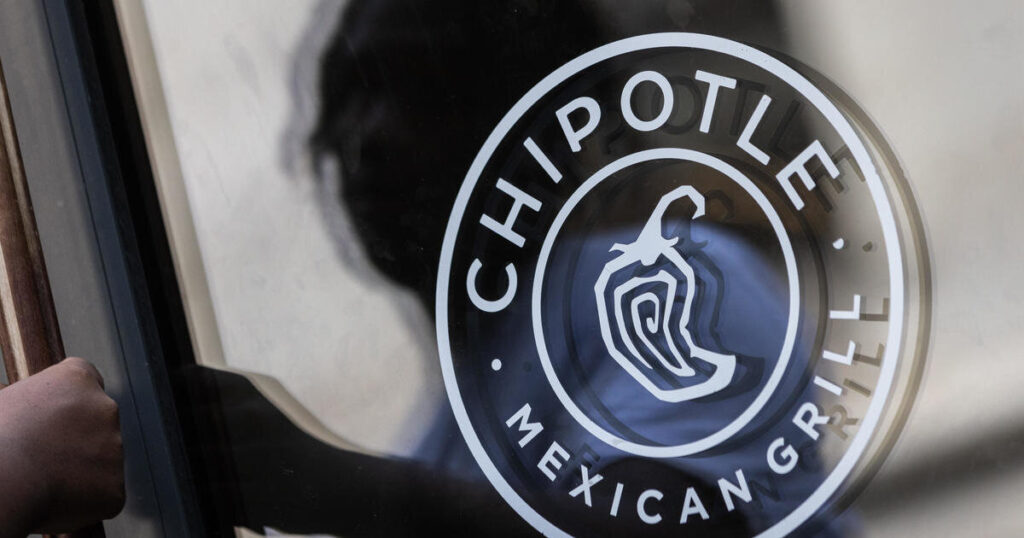Chipotle Mexican Grill is poised to transform its food preparation process by testing robotic assistants in two California locations, aiming to streamline operations and gather feedback from both employees and customers. This initiative could potentially lead to widespread adoption across its network of more than 3,500 restaurants globally.
The company introduced two innovative machines: Autocado, a robot designed to handle the labor-intensive task of preparing avocados for guacamole, and the Augmented Makeline, a collaborative robot or “cobot,” which automates the assembly of burrito bowls and salads. This move is part of Chipotle’s strategy to enhance efficiency while maintaining its famed culinary standards.
Autocado, developed in collaboration with tech firms Vebu and Hyphen, promises to significantly cut down the time required for avocado preparation. It can cut, core, and peel avocados in just 26 seconds, reducing by half the time it takes human workers to perform the same tasks. Despite the robotic assistance, the final mashing of the avocados will still be carried out manually by Chipotle staff. Given that the company anticipates using approximately 5.2 million cases of avocados this year—equivalent to 129.5 million pounds—the introduction of Autocado could save considerable prep time and reduce repetitive strain for employees.
Meanwhile, the Augmented Makeline is designed to assist in the preparation of bowls and salads, which account for 65% of Chipotle’s digital orders. This cobot employs automated technology to dispense precise portions of ingredients, ensuring consistency and efficiency. The initiative aligns with Chipotle’s recent efforts to address portion control issues, after an internal review in July revealed that 10% of its locations were providing undersized servings.
Curt Garner, Chipotle’s chief customer and technology officer, emphasized the potential benefits of these cobotic devices. “These cobotic devices could help us build a stronger operational engine that delivers a great experience for our team members and our guests while maintaining Chipotle’s high culinary standards,” Garner stated.
Currently, Autocado is in operation at a Chipotle in Huntington Beach, California, while the Augmented Makeline is being tested in a restaurant in Corona del Mar, California. The feedback from these pilot locations will be pivotal in deciding the broader implementation of these technologies.
Chipotle’s exploration into automation is part of a broader trend in the restaurant industry, where technology is increasingly being adopted to enhance efficiency and customer service. For instance, salad chain Sweetgreen commenced testing robotic food preparation last year after acquiring the startup Spyce. Similarly, fast-food giants like Taco Bell are experimenting with voice AI technology in drive-thru lanes, although McDonald’s has paused its use of the technology due to mixed results.
As the restaurant industry continues to innovate, Chipotle’s venture into robotic assistants illustrates the potential for technology to revolutionize food preparation, enhance operational efficiency, and improve the customer experience.


